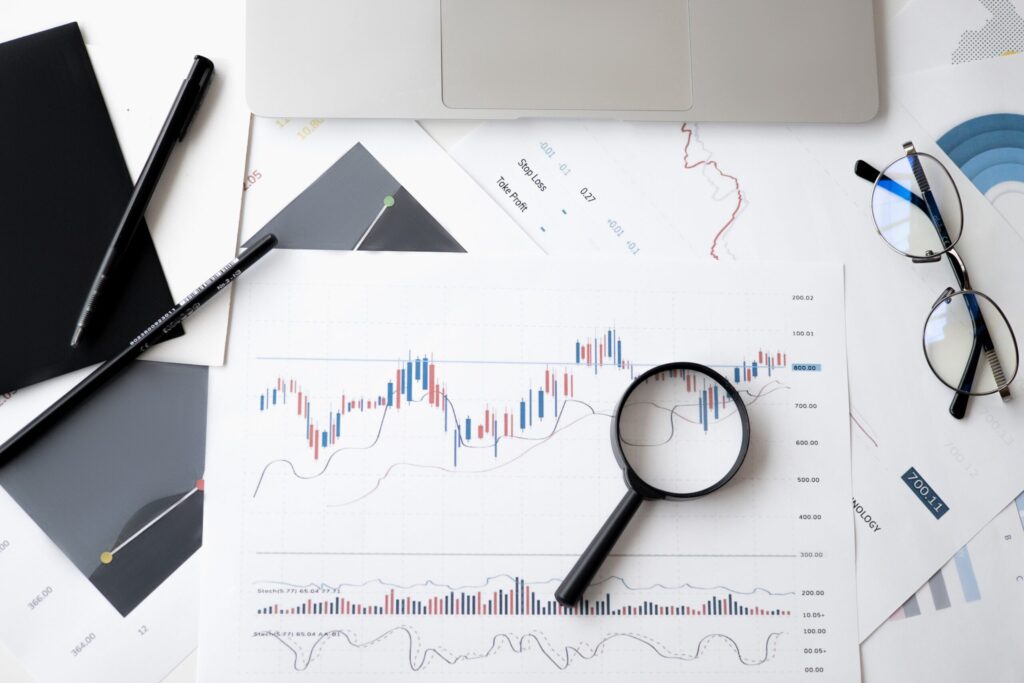The stock market is an important indicator of the overall health of the economy, and a crash can have a ripple effect throughout various sectors. In this essay, we will discuss the pointwise impact of a stock market crash on the U.S. economy

The impacts of a stock market crash can be significant on the economy of a country, and the United States is no exception. The following are the most relevant and direct consequences of a stock market crash:
Consumer Confidence
A stock market crash can lead to a decrease in consumer confidence. When the stock market crashes, people tend to lose faith in the economy. As a result, they may cut back on spending, which can lead to a decrease in economic activity. This decrease in consumer spending can lead to a decrease in economic growth and can even cause a recession.
Business Investment
A stock market crash can also lead to a decrease in business investment. When the stock market crashes, businesses may become less confident in the economy and may be less likely to invest in new projects or expansion. This decrease in business investment can lead to a decrease in economic growth and can even cause a recession.
Job Losses
A stock market crash can lead to job losses. As businesses cut back on spending and investment, they may also cut back on hiring or even lay off employees. This can lead to an increase in unemployment, which can have a negative impact on the economy.
Credit Markets
A stock market crash can also have an impact on credit markets. When the stock market crashes, investors may become less willing to lend money, which can make it more difficult for businesses and individuals to borrow. This can lead to a decrease in economic activity and can even cause a recession.
Wealth Effect
A stock market crash can also lead to a decrease in the wealth effect. When the stock market crashes, people’s investments in stocks decrease in value, which can lead to a decrease in their overall wealth. This decrease in wealth can lead to a decrease in consumer spending, which can have a negative impact on the economy.
Real Estate
A stock market crash can also have an impact on real estate markets. When the stock market crashes, people may become less willing to invest in real estate, leading to a decrease in property values. This can have a negative impact on the economy, as the real estate market is an essential driver of economic growth.
International trade
A stock market crash can also have an impact on international trade. When the stock market crashes, investors may become more risk-averse and may be less willing to invest in foreign markets. This can lead to a decrease in international trade, which can have a negative impact on the economy.
Retirement savings
A stock market crash can also have an impact on retirement savings. When the stock market crashes, people’s investments in stocks decrease in value, which can lead to a decrease in their retirement savings. This can have a negative impact on the economy, as people may have to delay retirement or may not be able to retire at all.
Banking and Financial Services
A stock market crash can also have an impact on the banking and financial services sector. When the stock market crashes, banks and other financial institutions may become more cautious and less willing to lend money. This can lead to a decrease in economic activity and can even cause a recession.
Government policy
A stock market crash can also lead to a change in government policy. When the stock market crashes, the government may take steps to try to stimulate the economy, such as cutting interest rates or increasing government spending.

